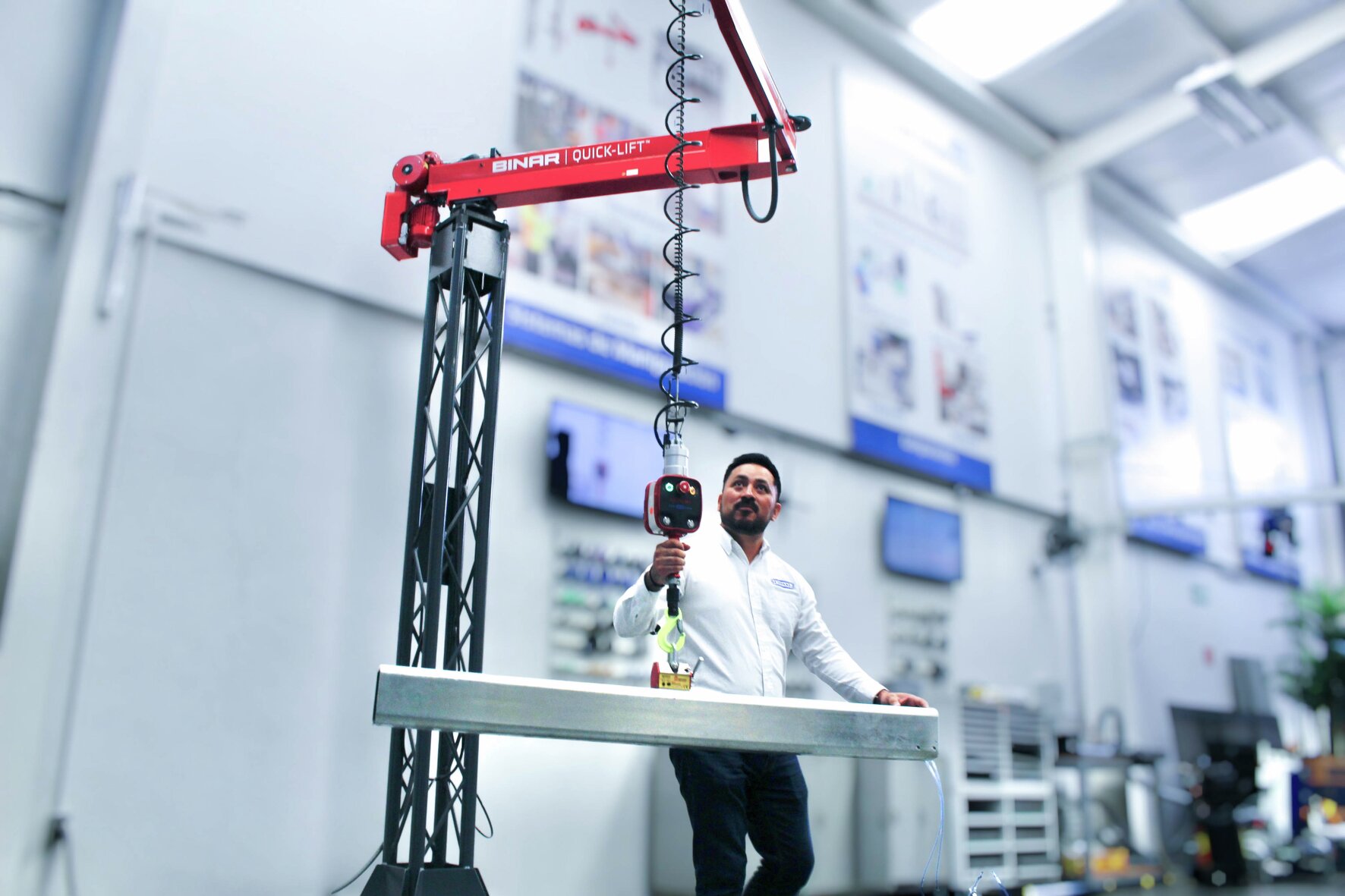Schedule a Call Back
Automation also enables companies to employ sustainable practices
 Interviews
Interviews- Nov 02,23

Related Stories

Gandhi Automations Strengthens Cold Chain with Storage Doors
Discover how Gandhi Automations Pvt Ltd, India’s No. 1 entrance automation and loading bay equipment company, delivers advanced cold storage doors for optimal temperature management
Read more
Aimtron Electronics Enters OEM Engagement with Climate-Tech Firm Aurassure
Aimtron Electronics has partnered with climate-tech company Aurassure to manufacture IoT-enabled environmental monitoring systems supporting real-time, hyperlocal climate and air-quality intelligenc..
Read more
India’s Manufacturing Mission: What Make in India Got Right and Wrong
A decade after its launch, Make in India shows sectoral progress but structural gaps remain. As global manufacturing turns VUCA, the next phase must focus on value addition, jobs and ecosystems, say..
Read moreRelated Products

Fanless Industrial Pc for Smart Manufacturing
CONTEC Launches BX-M4600 Series - Fanless Industrial PC for Smart Manufacturing.















